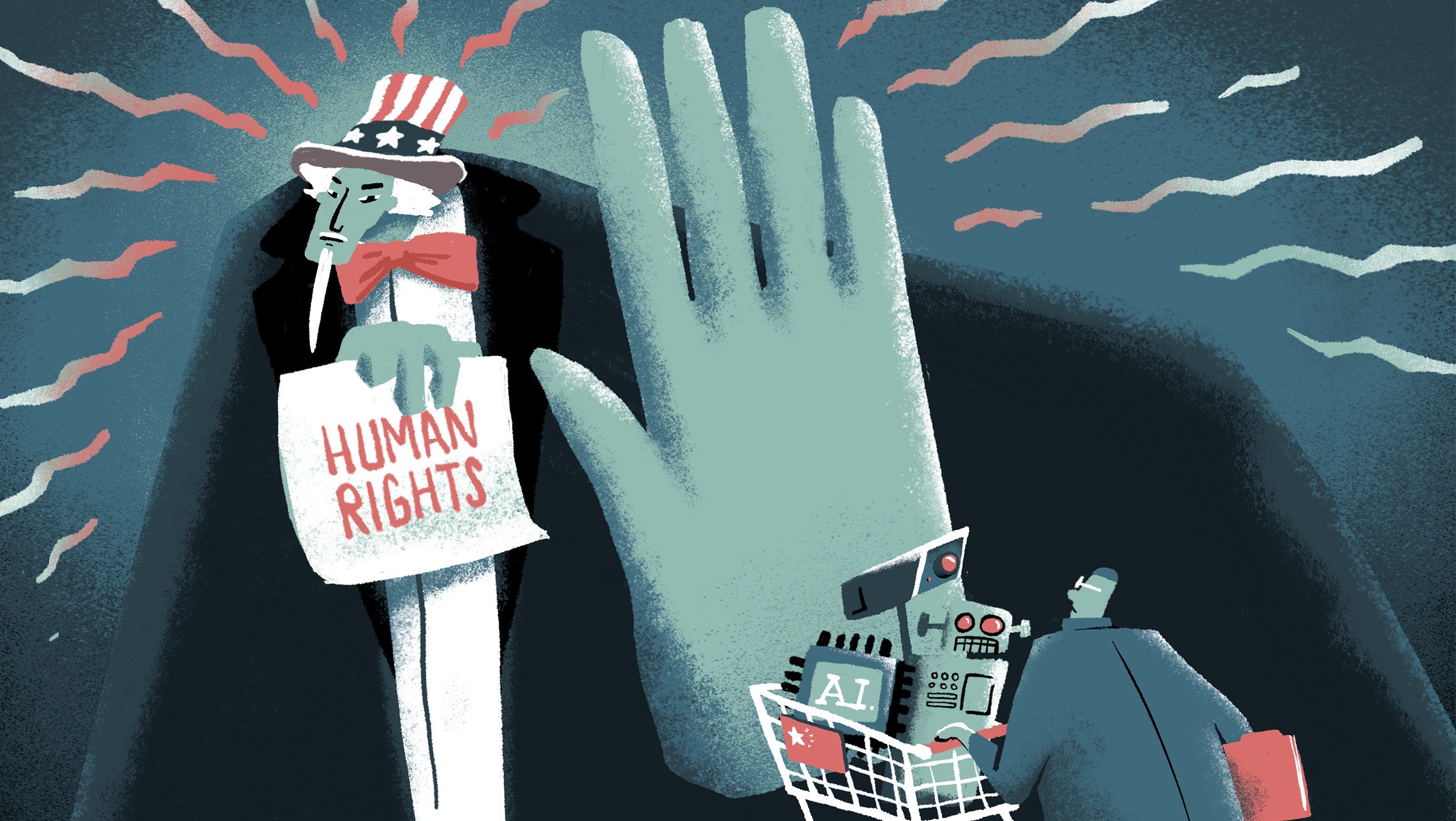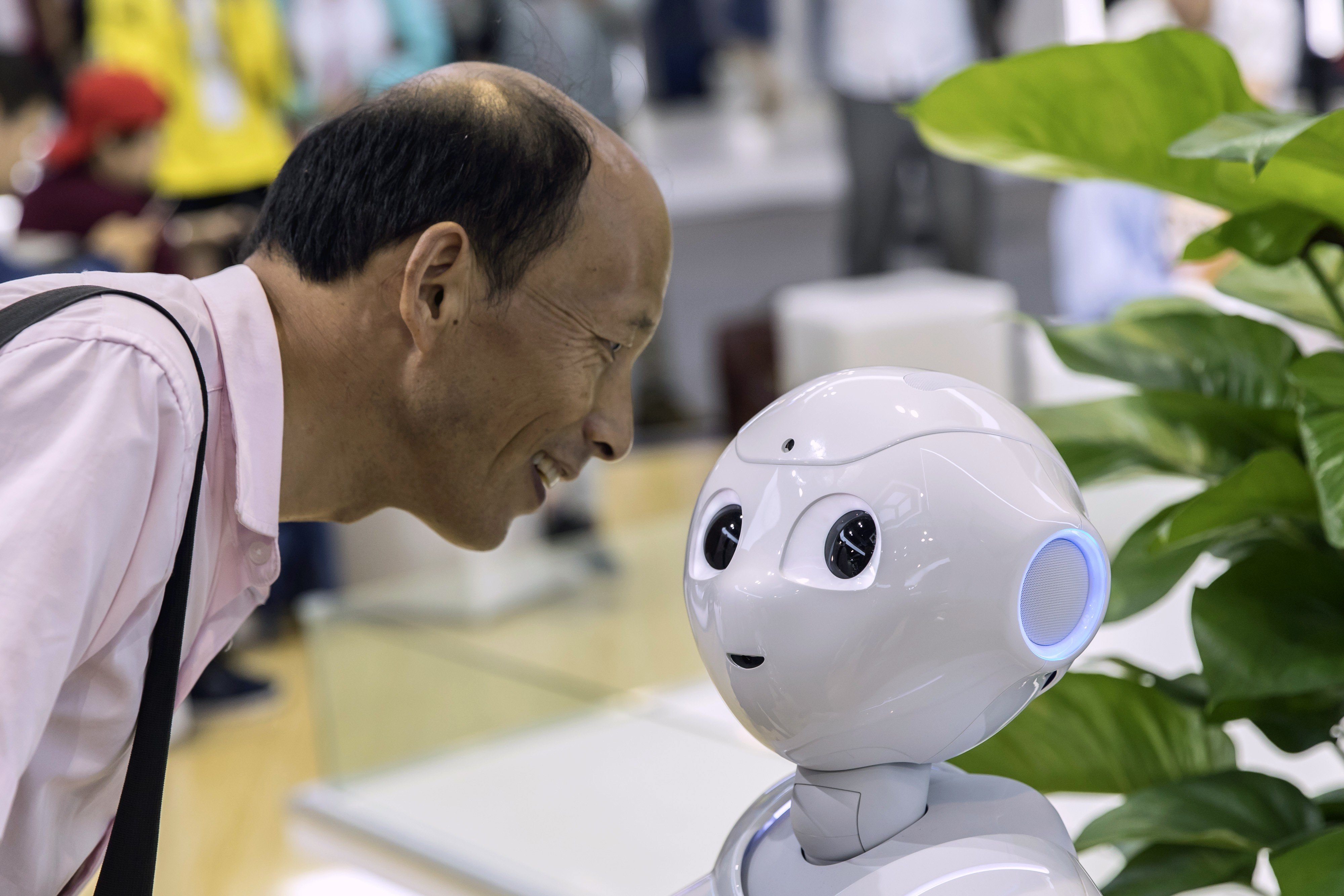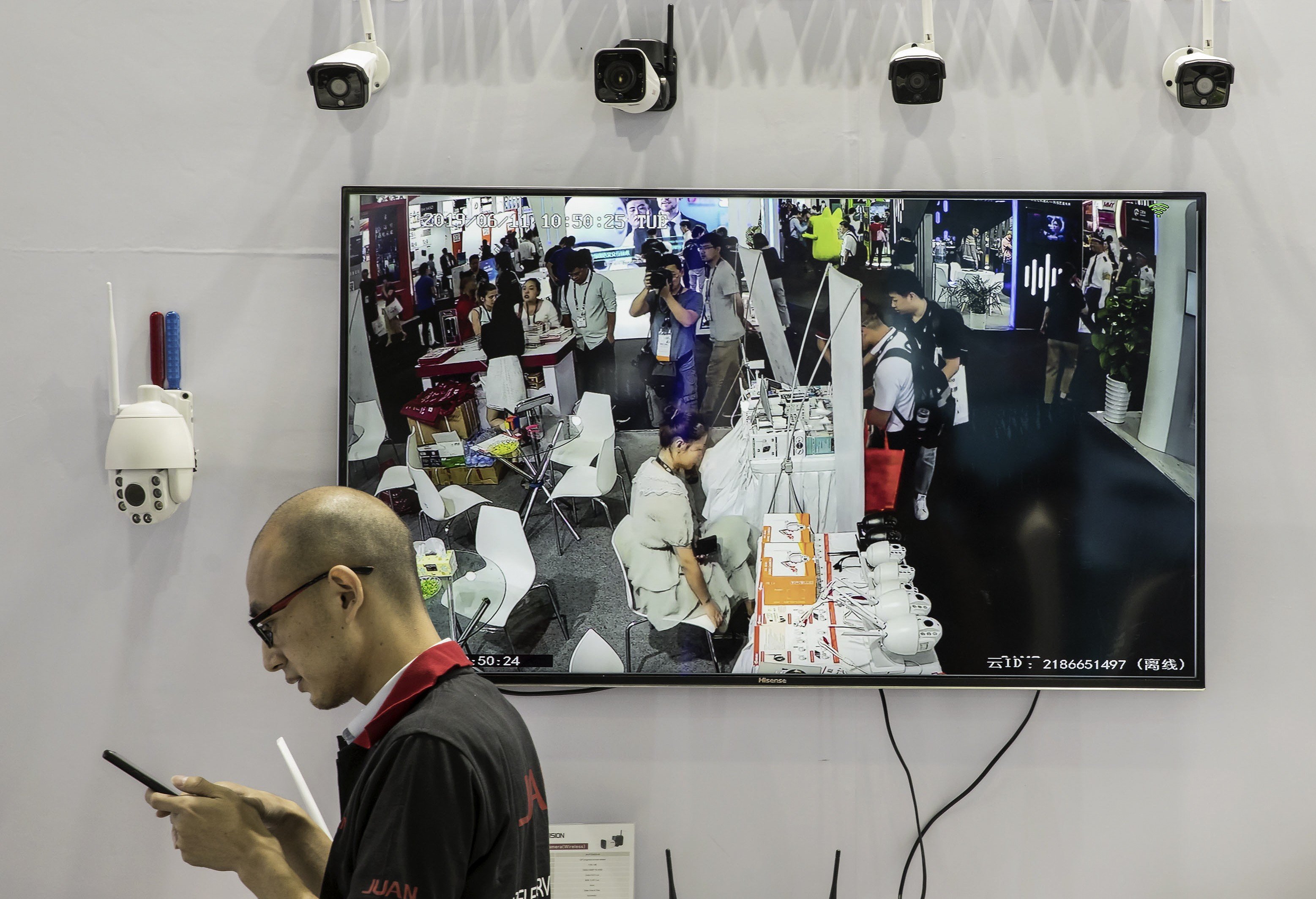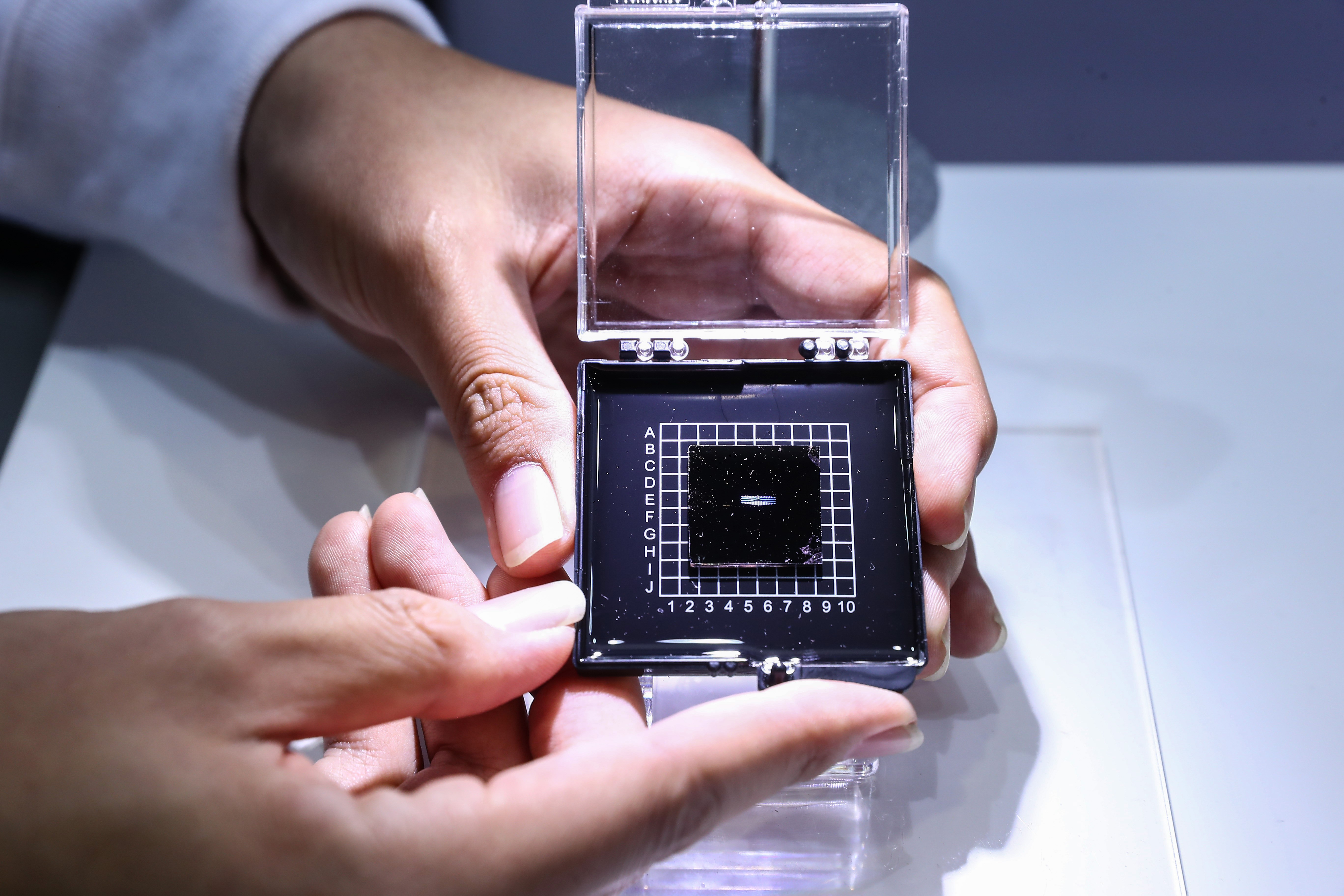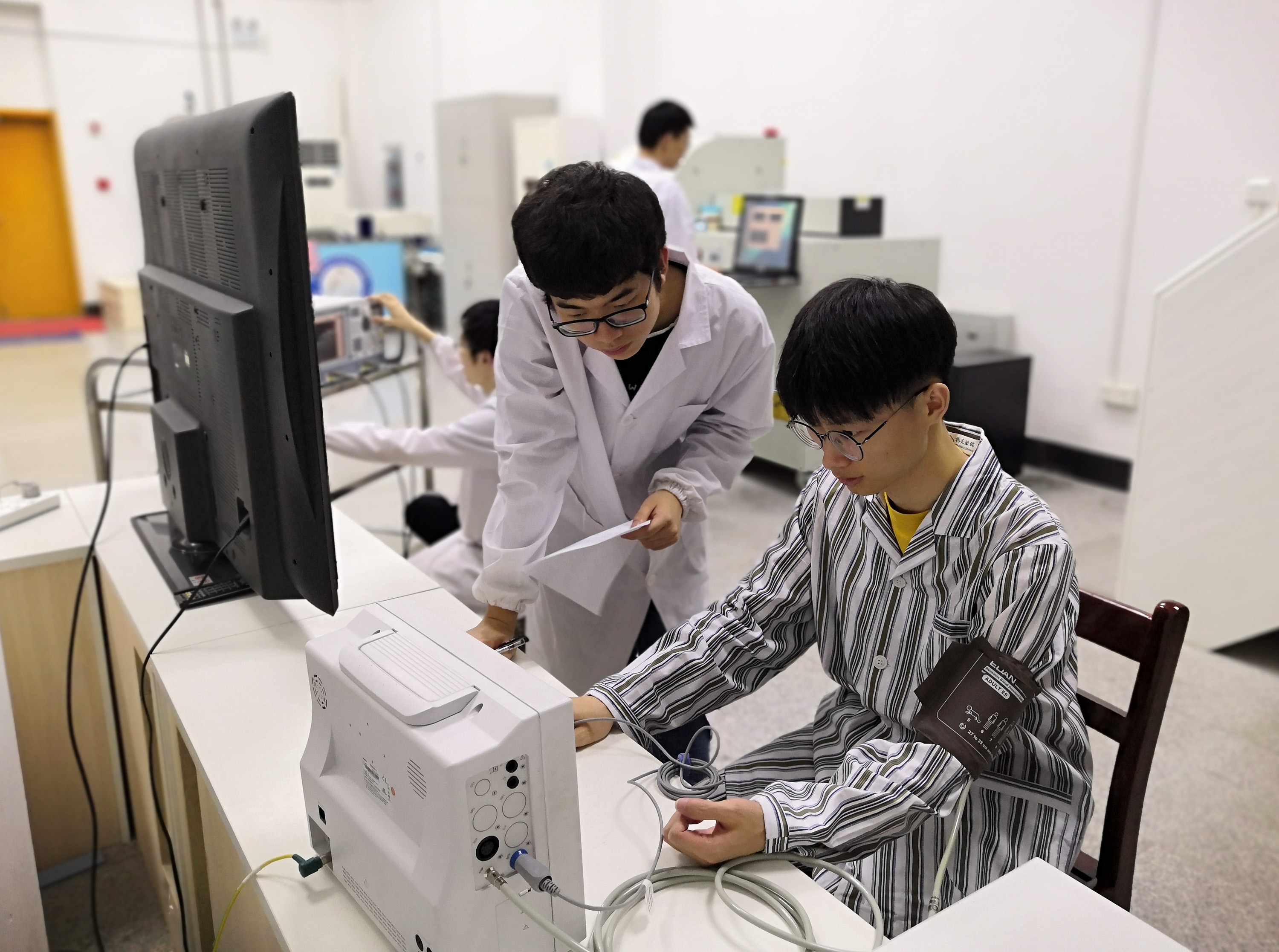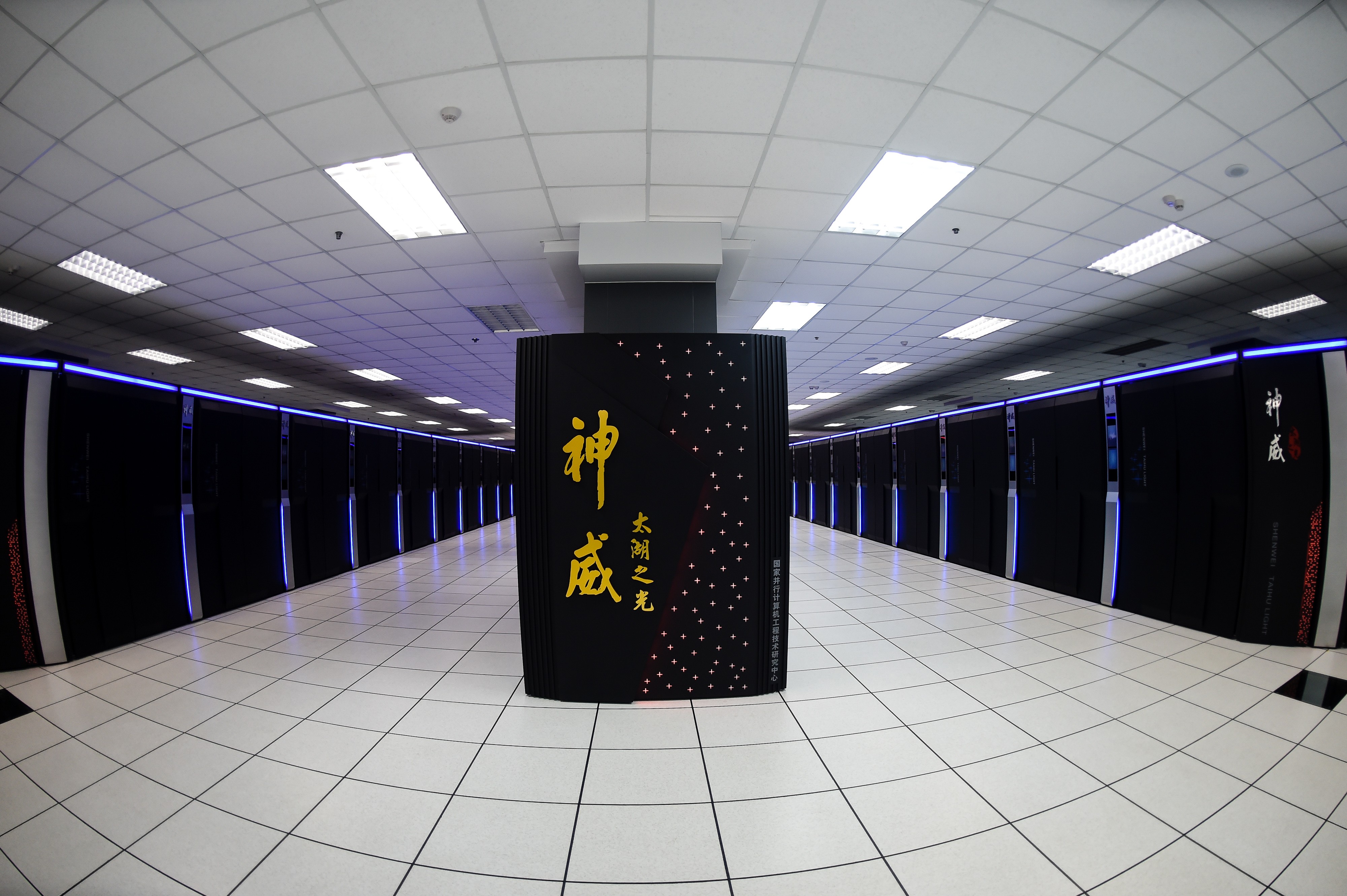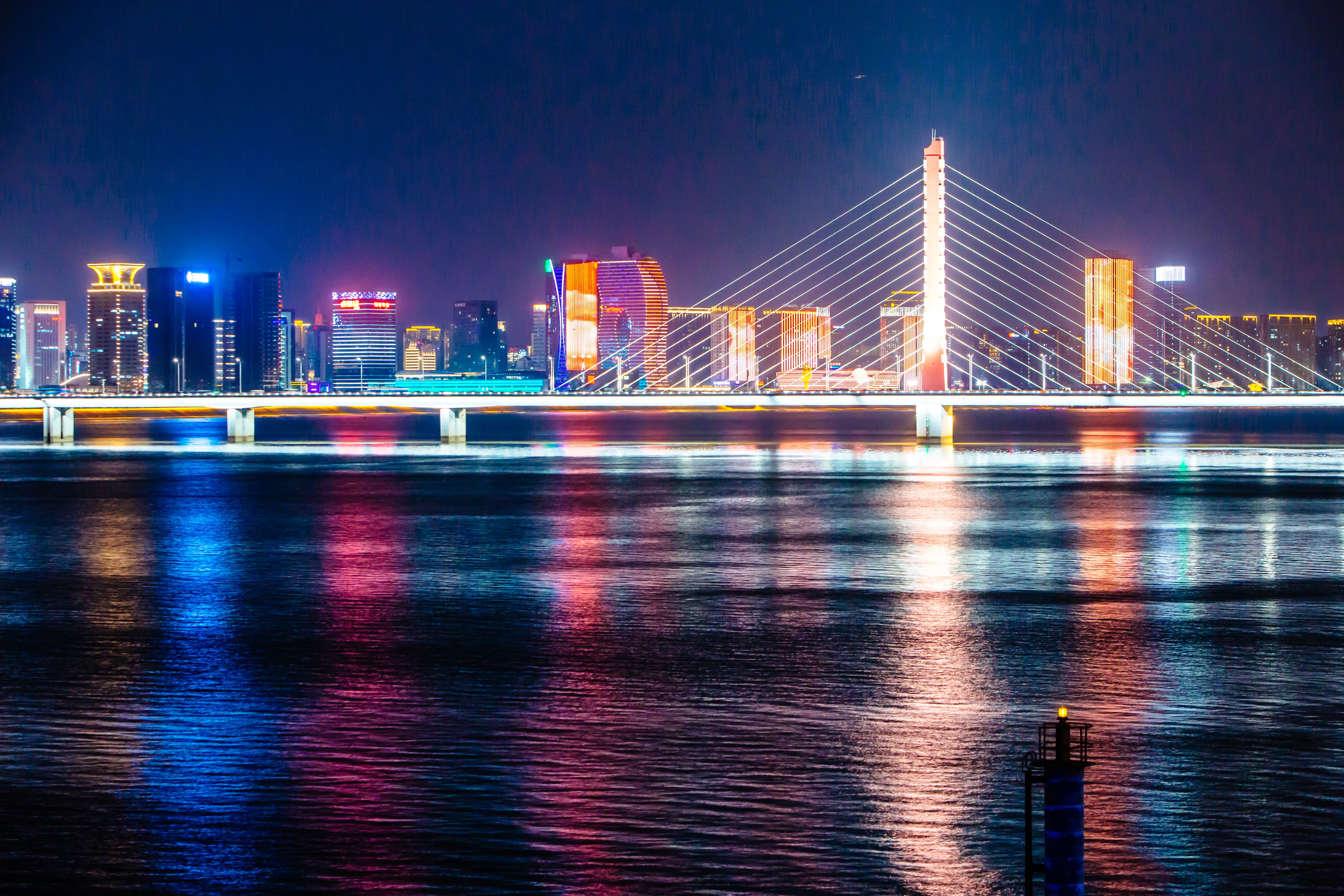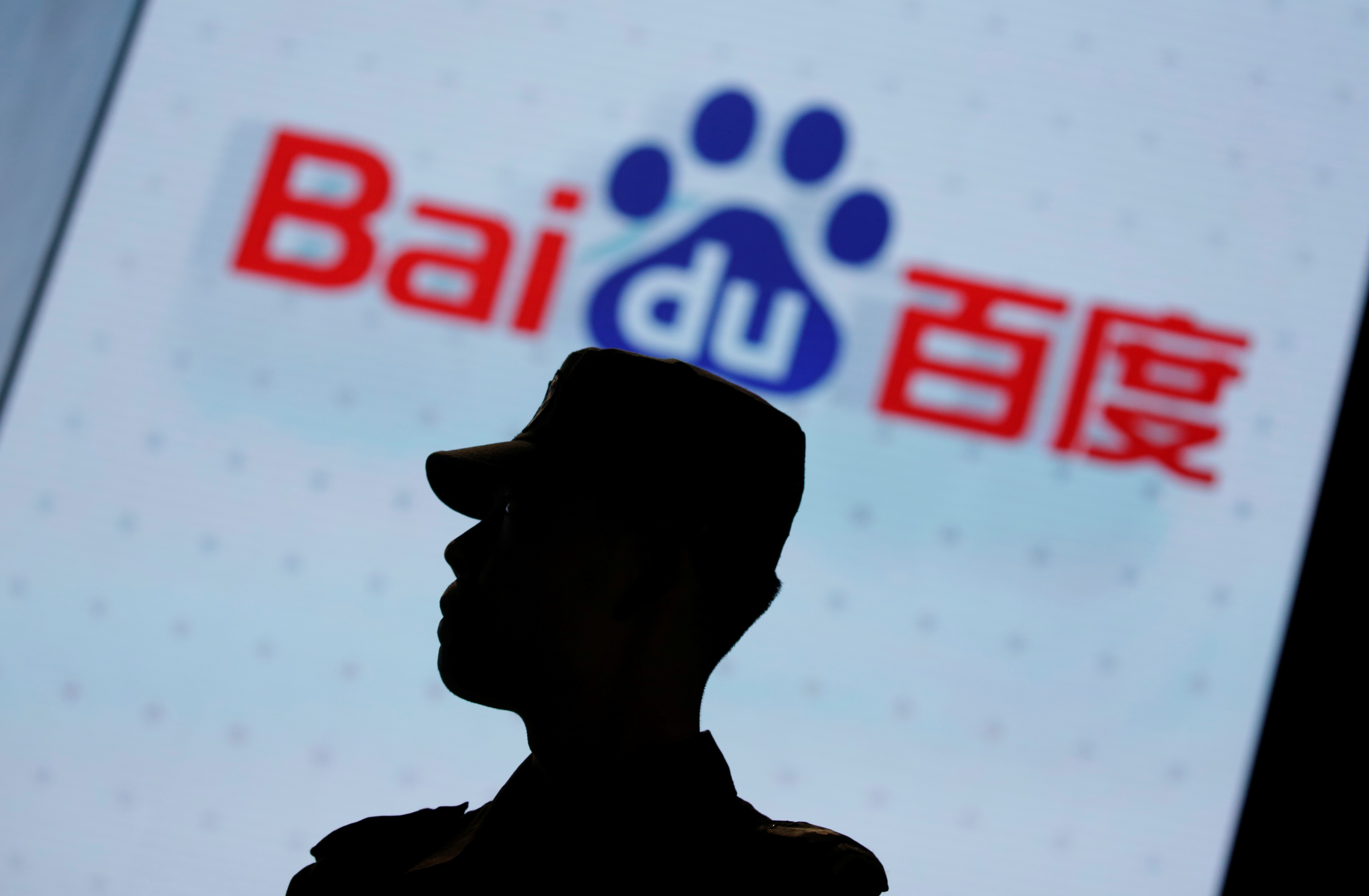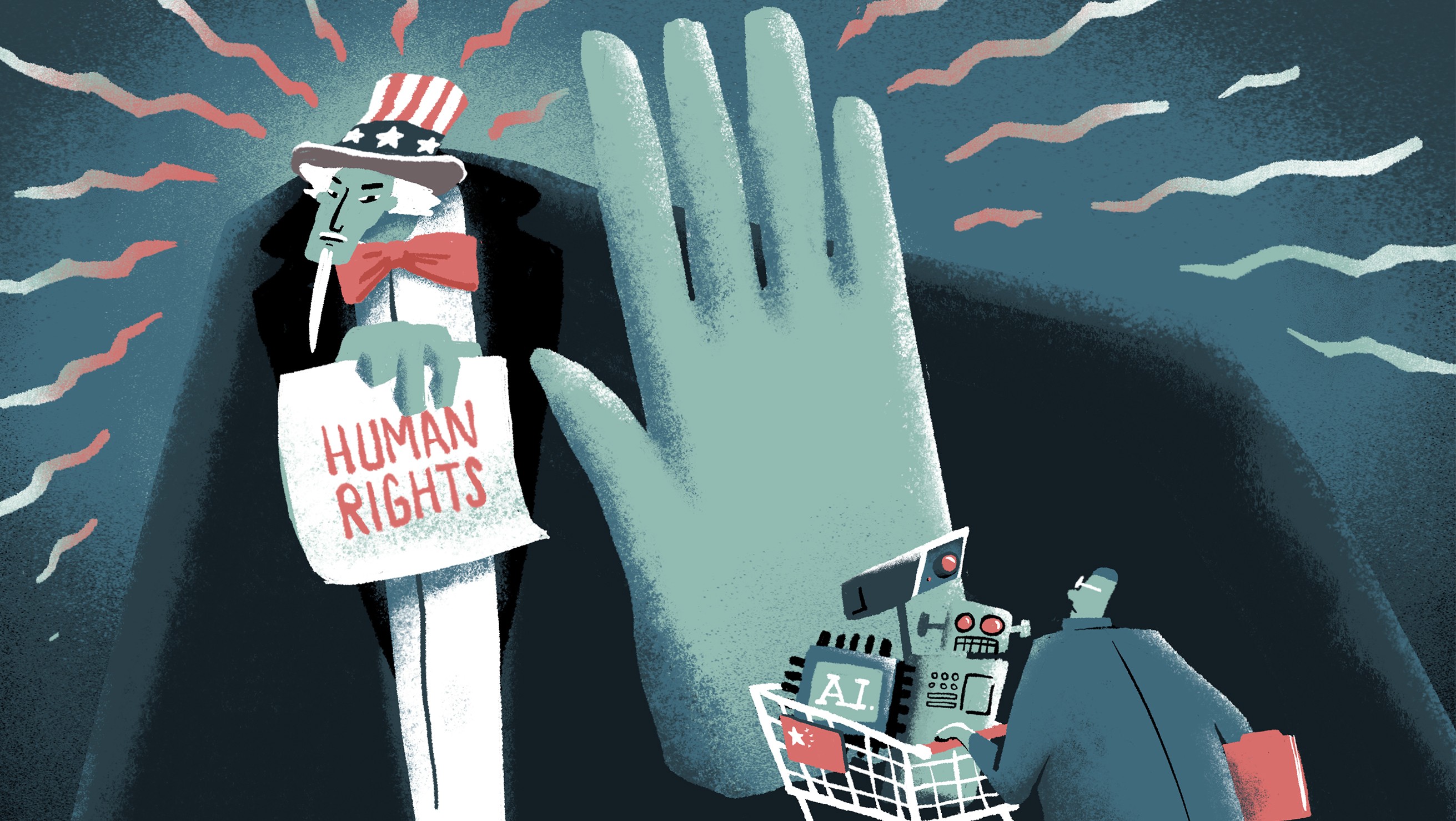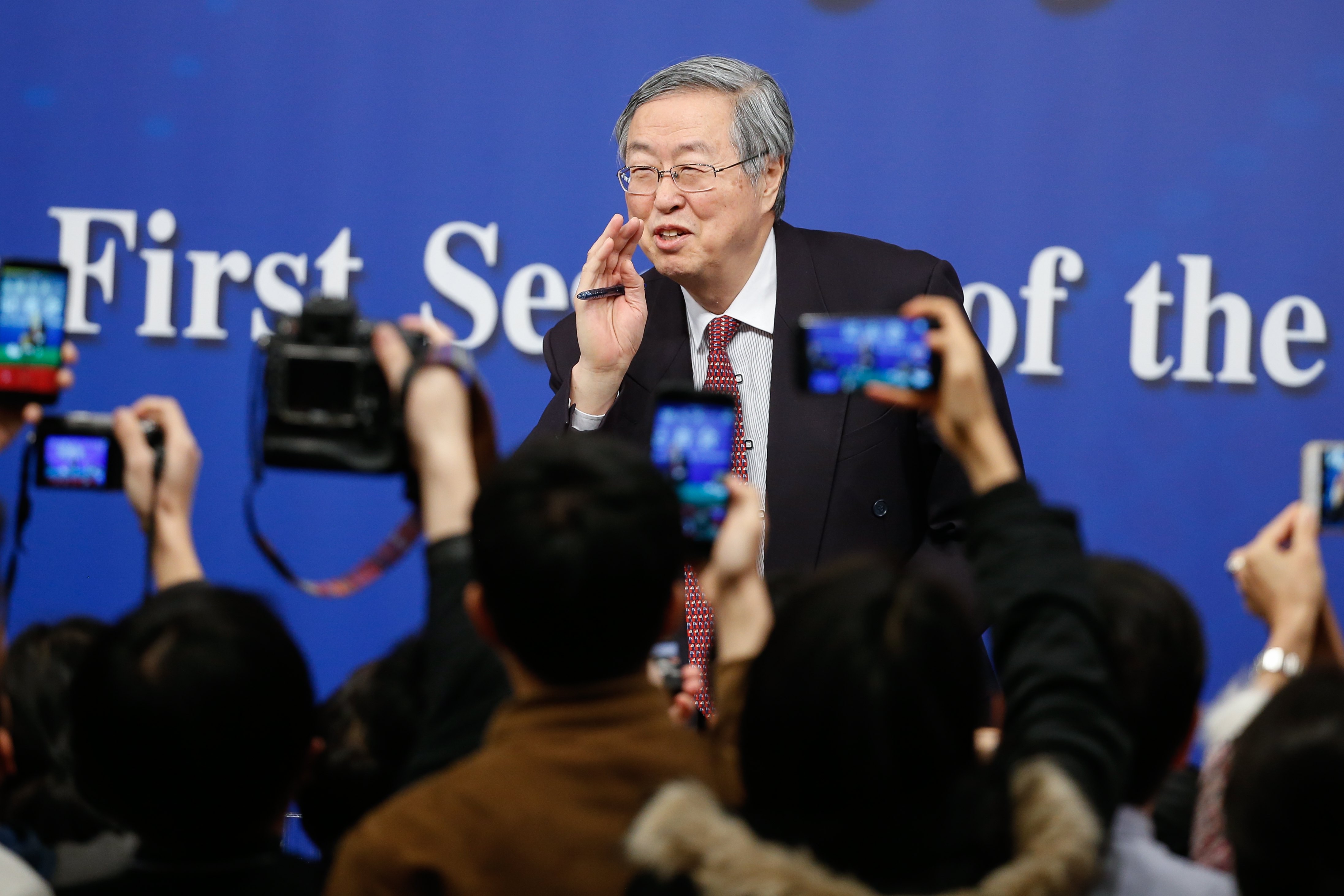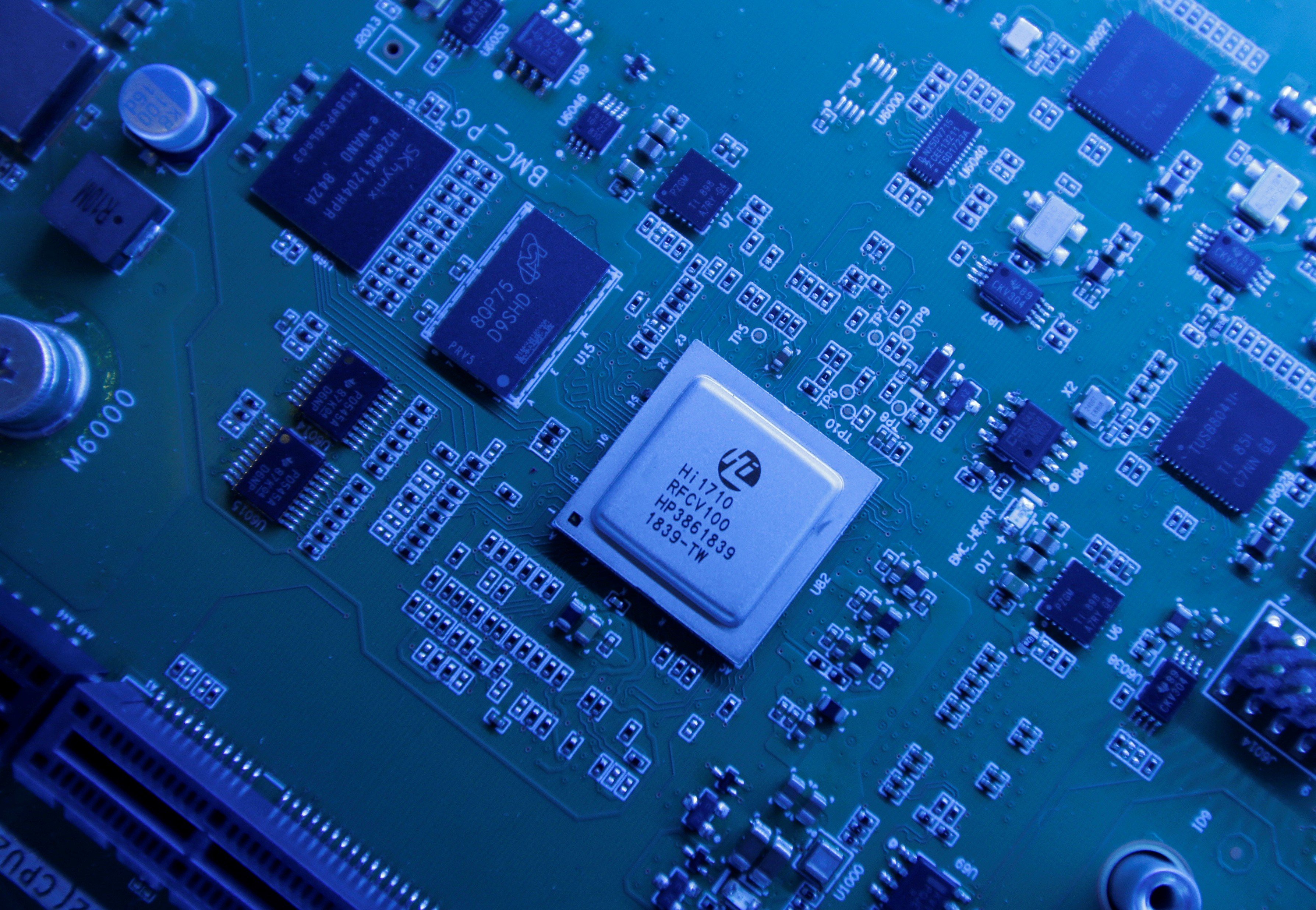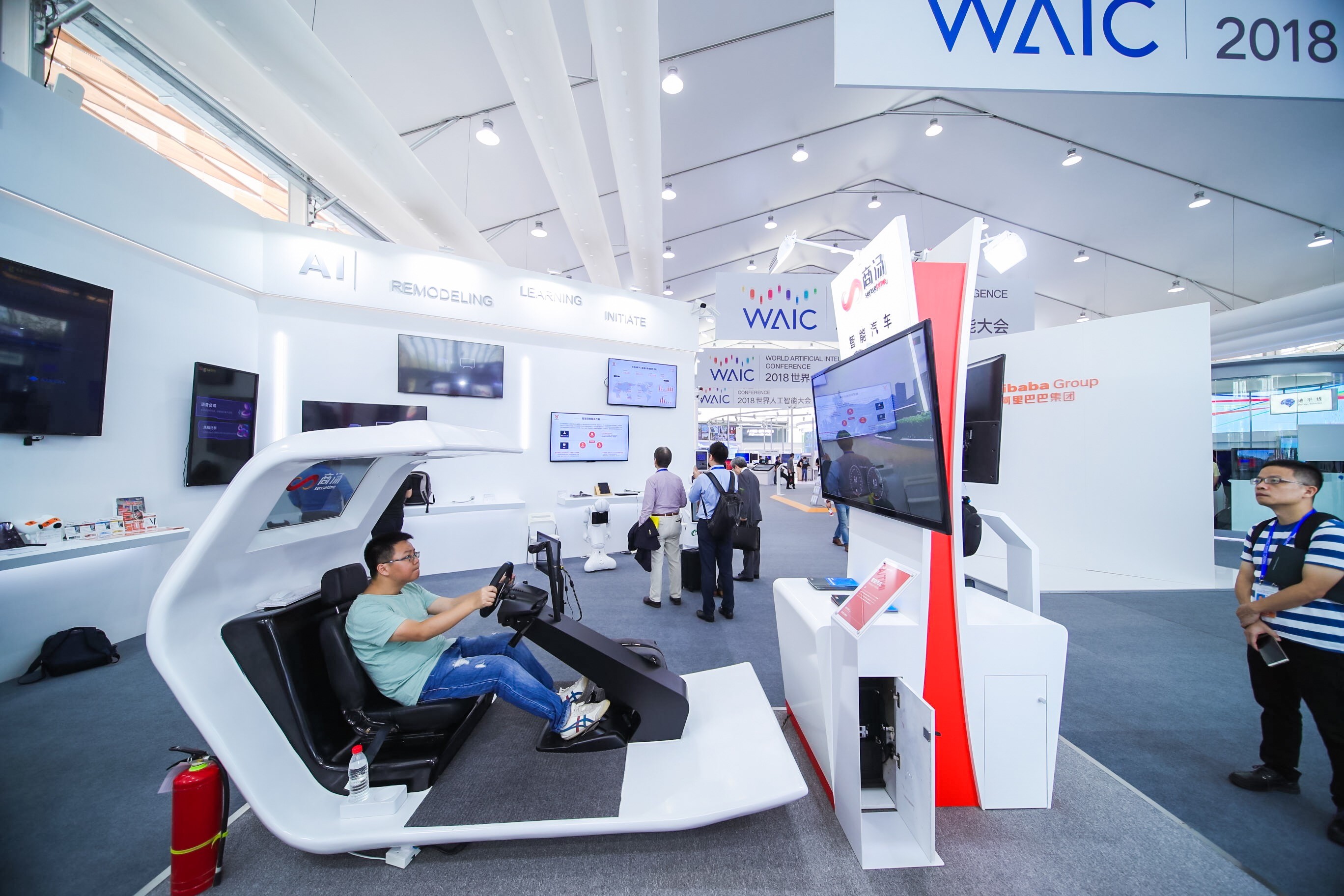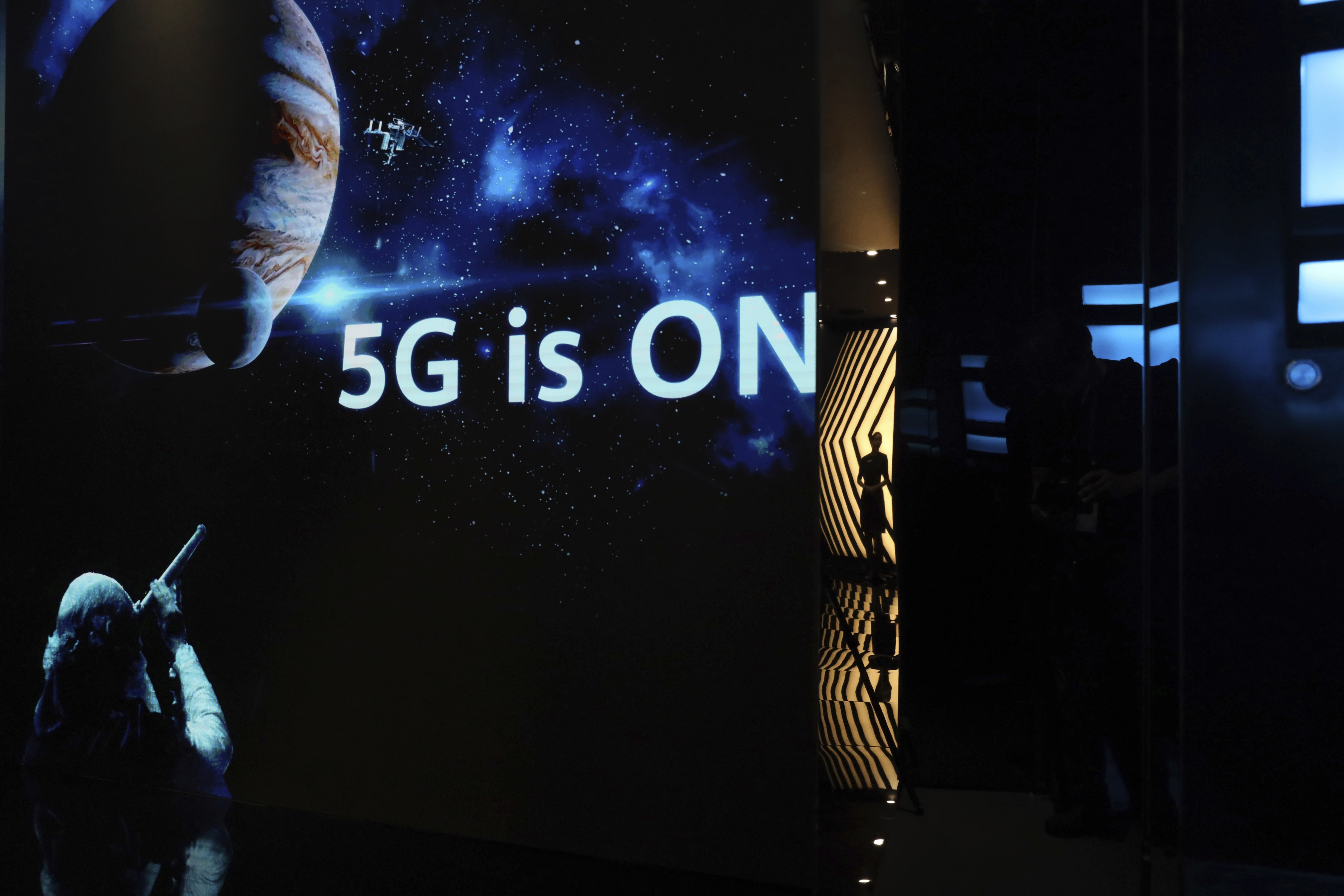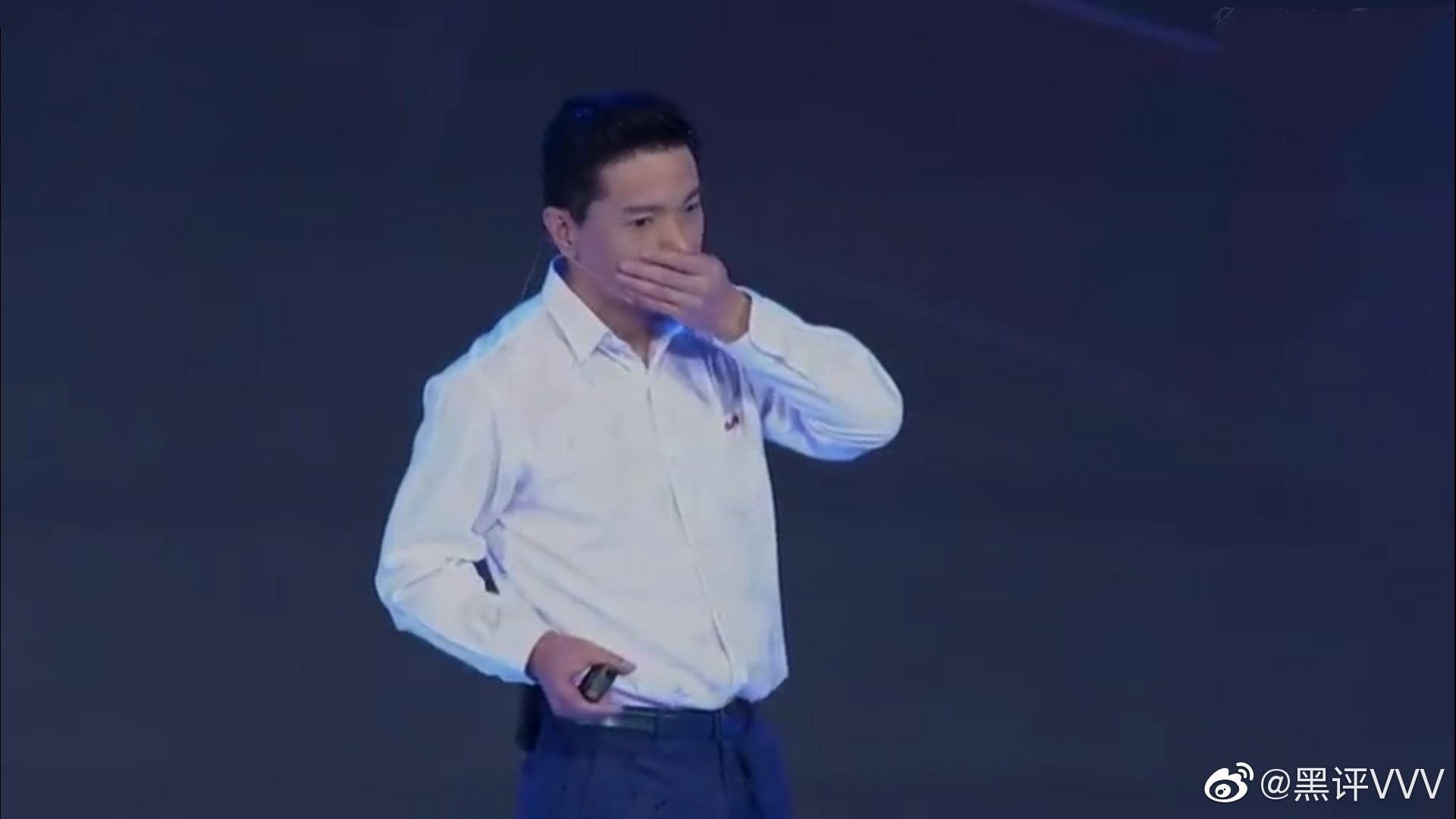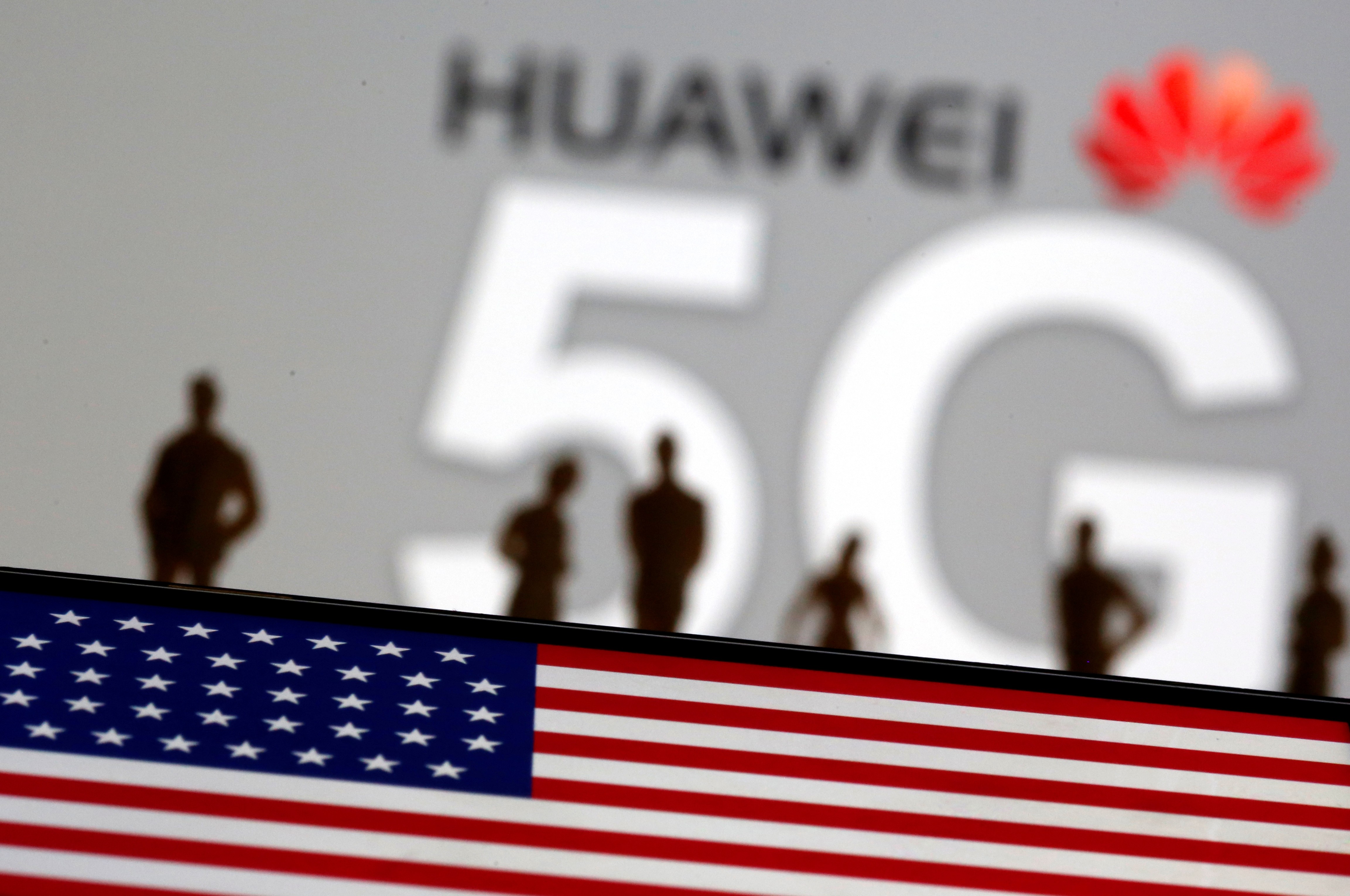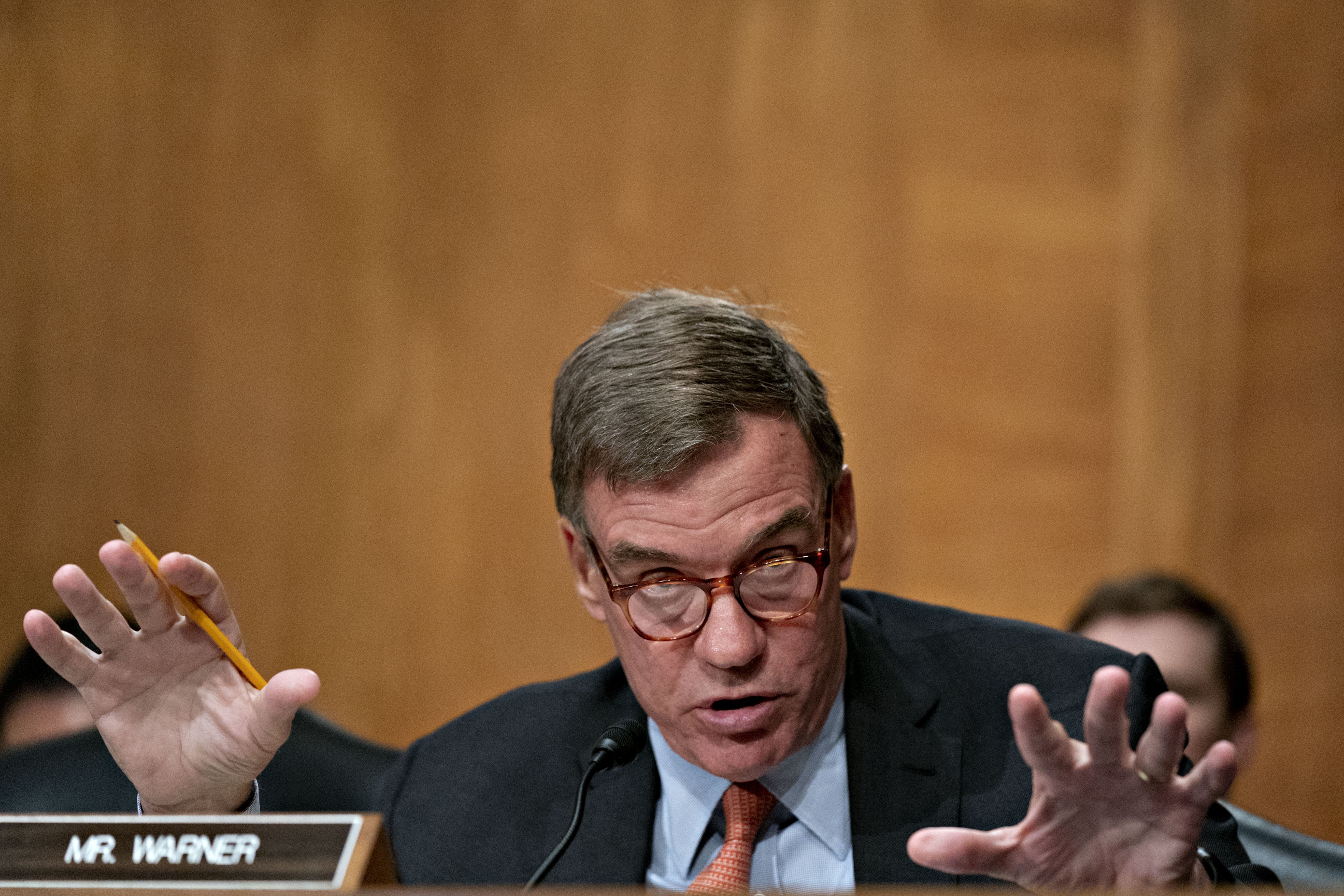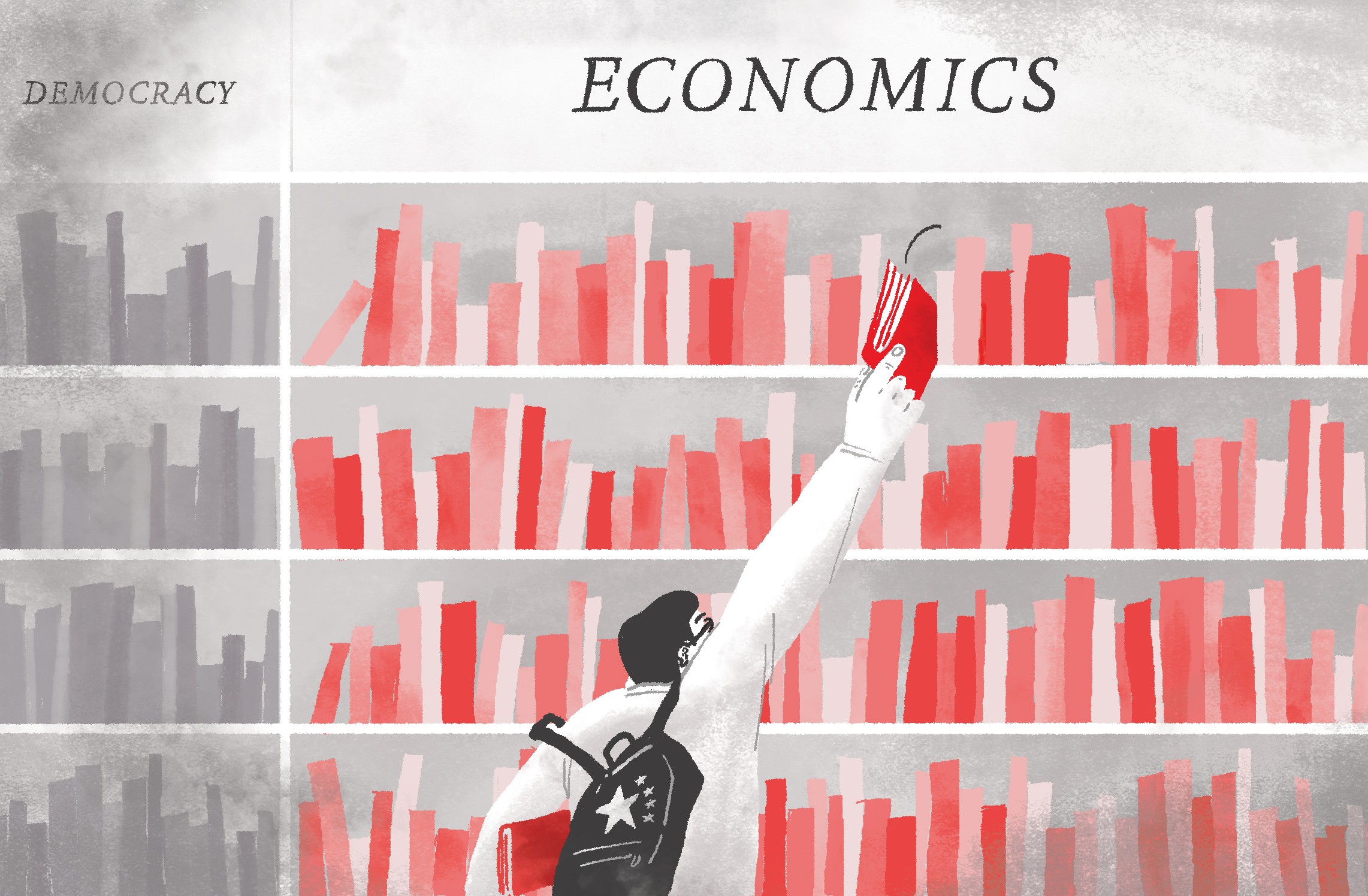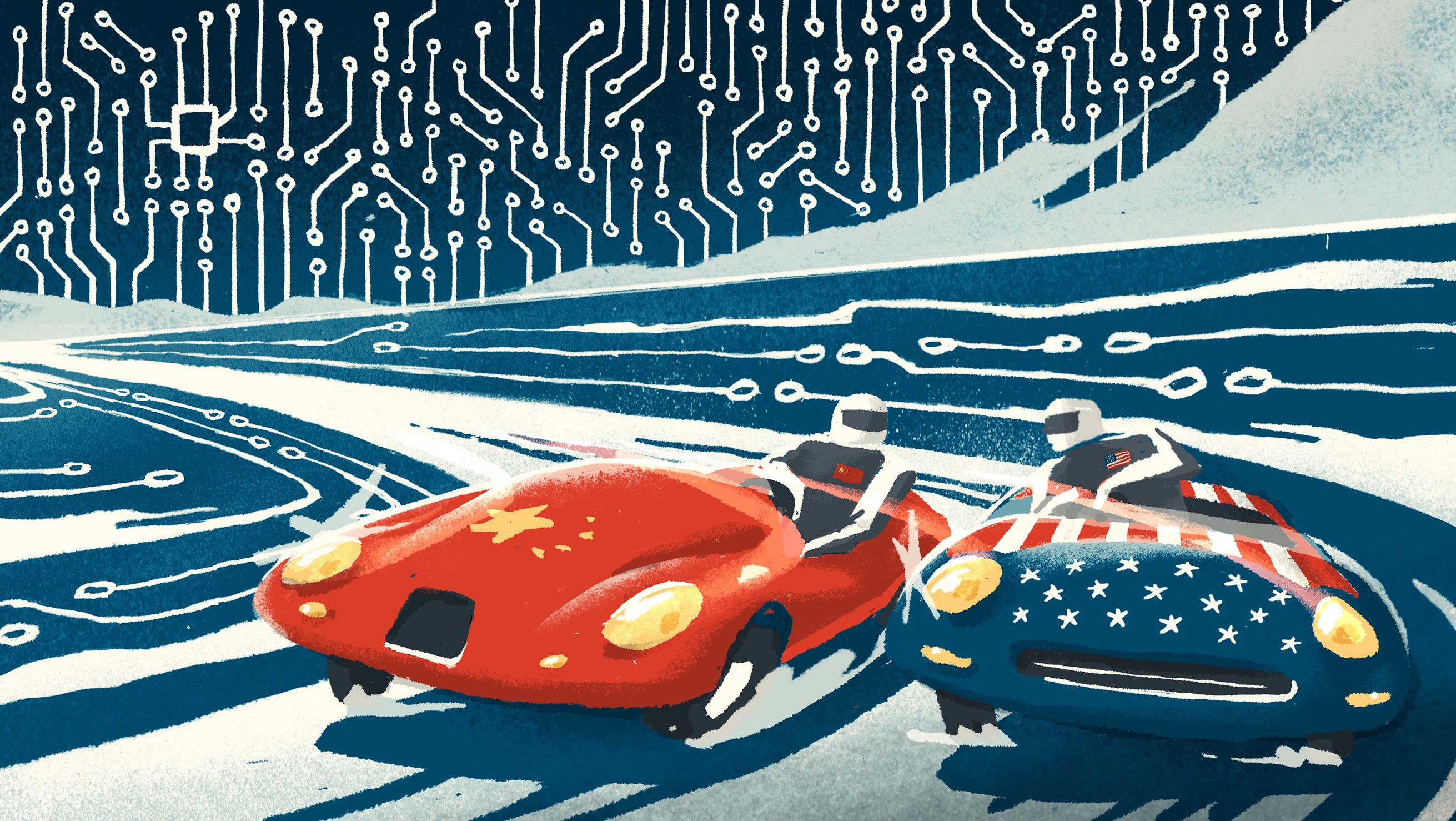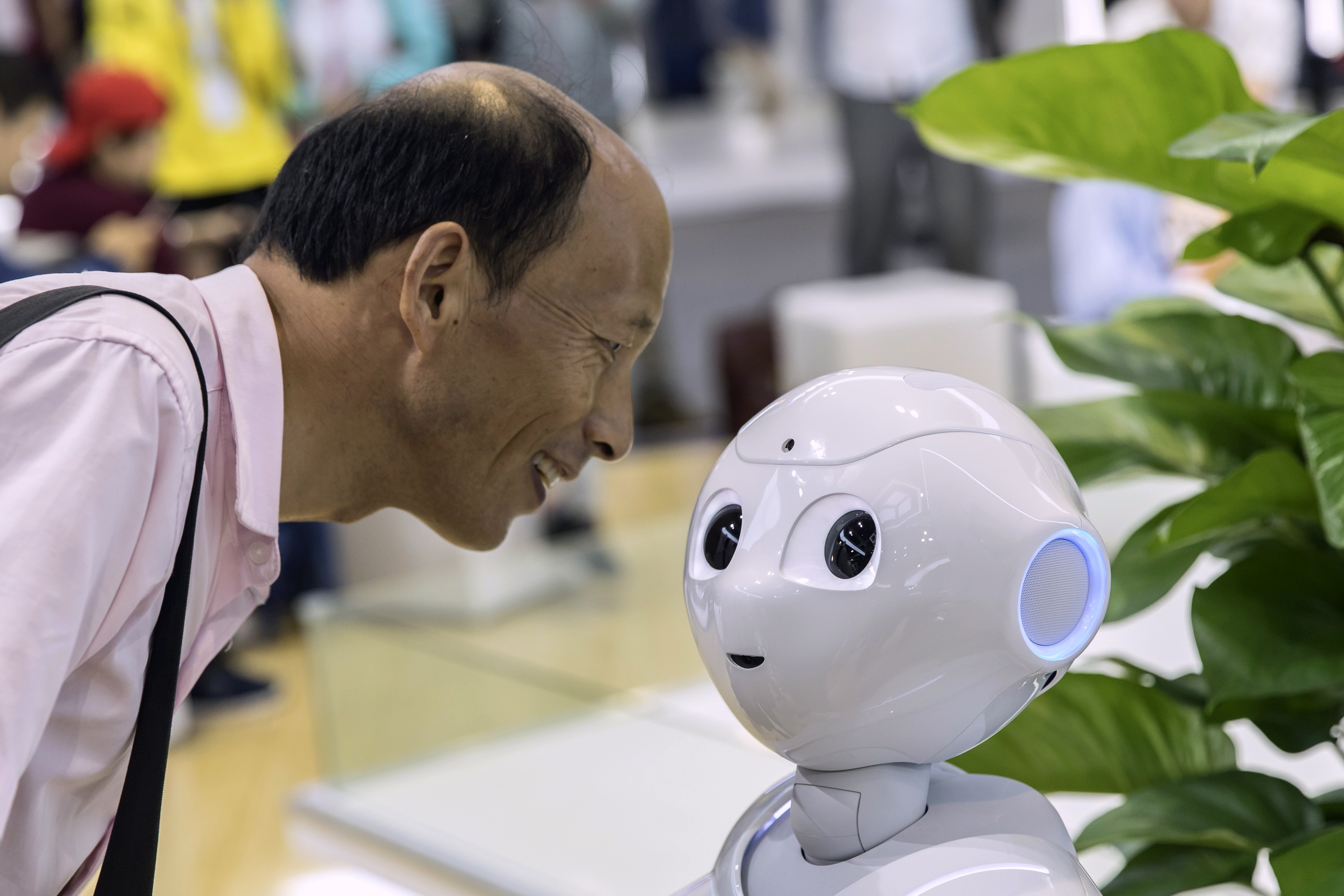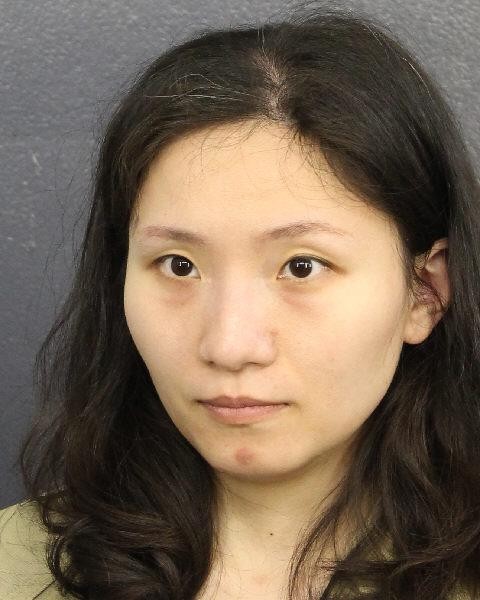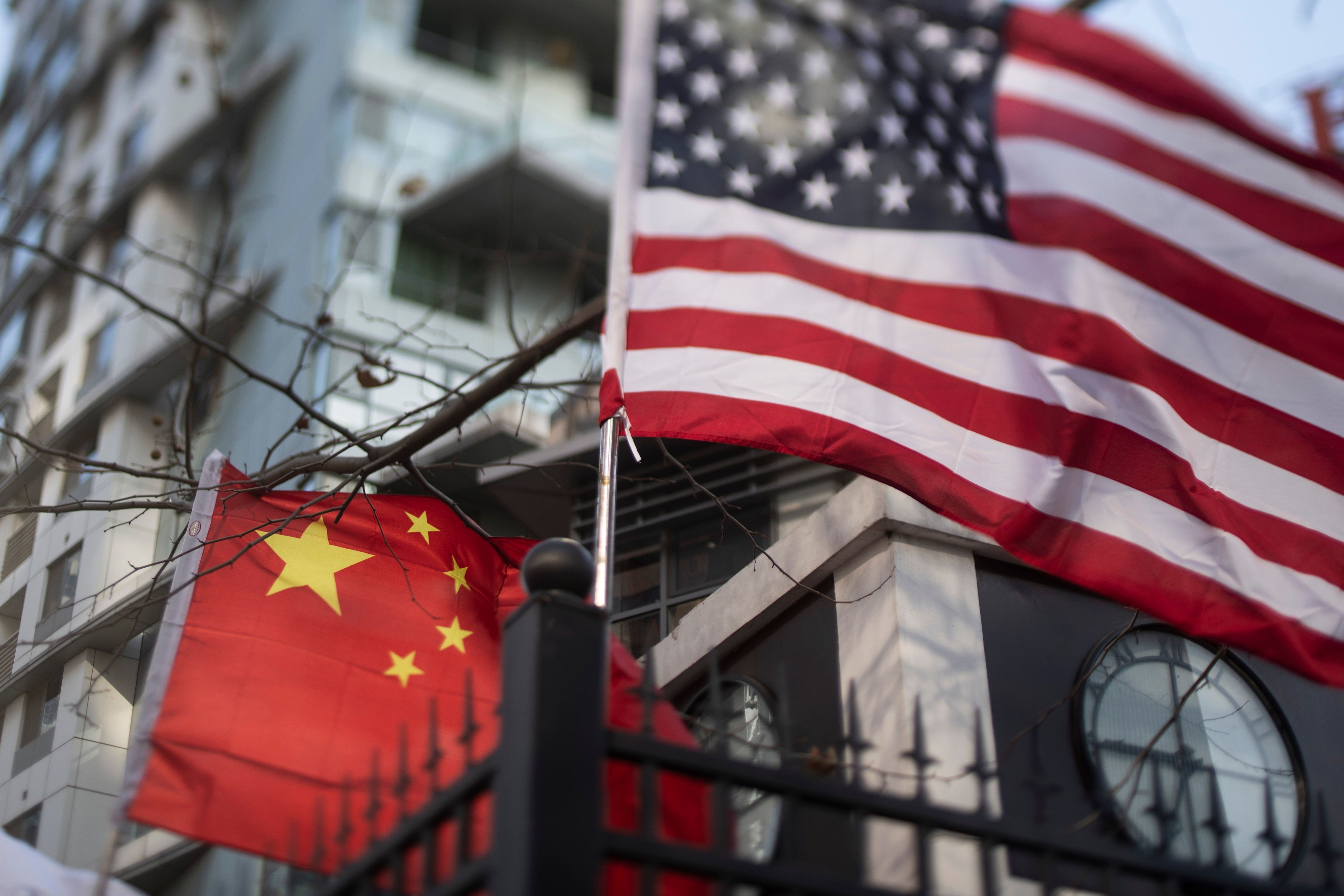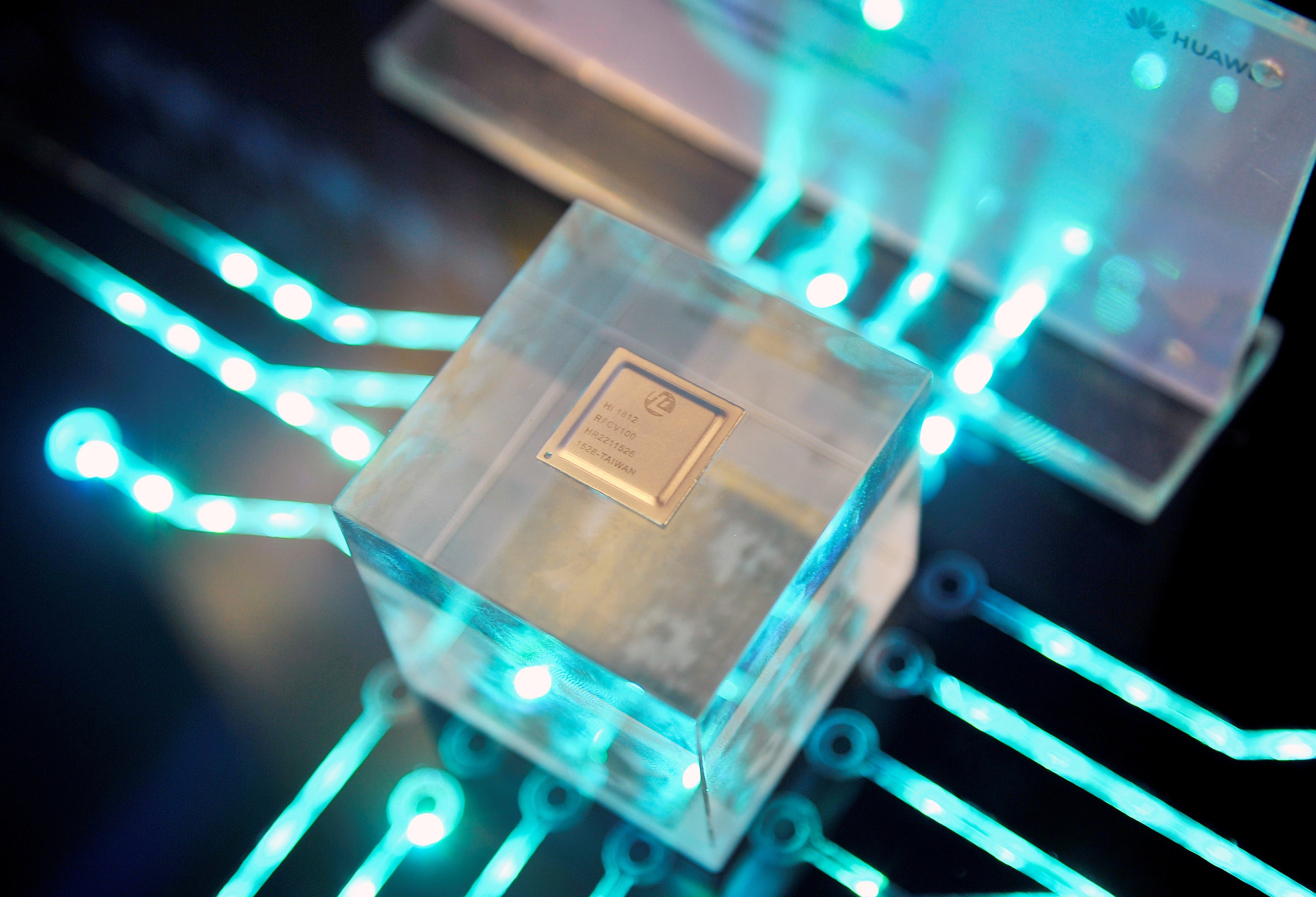Advertisement
Advertisement

Meng Jing
Based in Beijing, Jing covers the China tech scene for the Post. She writes a lot about artificial intelligence, robots and machines, but she cares more about people.
The US blacklisted some of China’s most promising AI start-ups this year for alleged human rights violations, amid broader anxieties over China’s rising dominance in the tech sector. As pressure from China’s largest trade partner mounts, a shadow has been cast over the prospects of China’s AI industry.
Despite those issues, China is projected to have an AI market worth US$11.9 billion by 2023, up from an estimated US$4.5 billion this year.
The Chinese government is probably not dramatically outspending the US government on AI research and development, a recent report by the Centre for Security and Emerging Technology (CSET), a think tank of Washington-based Georgetown University, suggests.
UN standards, which usually take around two years to be drafted and adopted, are influential in African countries as they don’t have strong enough domestic resources.
Advertisement
The China regulation bans providers and users of online video and audio services from using deep learning and virtual reality to create, distribute and broadcast fake news.
Men, over-represented in both analytical, technical and professional roles as well as production, work in occupations with much higher AI exposure, research from Washington-based Brookings Institution suggests.
Cambricon Technologies is one of China’s most valuable AI chip start-ups, worth US$2.5 billion. Its chips have been used to power nearly 100 million smartphones and servers, yet you probably haven’t heard its name.
China now home to the second largest concentration of influential scientists and researchers, overtaking the UK but still far behind the US
In the race for supercomputer dominance, China has increased its overall share while the US retains top two spots when it comes to speed
Led by the Zhejiang government, the programme offers up to US$1.4 million to cover research and development costs in failed start-up projects.
CEO said the AI market is not growing as fast as expected so the company will have to continue investing while waiting for commercial markets to mature
The US move to blacklist China AI champions threatens to cleave global technology into rival US and China camps.
The decision to look at hiring, according to Eric Johnson, vice-president of engineering at GitLab, came after the ‘expressed concern of several enterprise customers’
Former PBOC governor says policies should be put in place to guide AI development – specifically what the technology can and cannot do – along with tax policies
TikTok is arguably the first social media app from China to garner a strong presence globally but is now being dragged into the US trade and tech war.
ARM China’s commitment will be seen as much needed reassurance to China’s tech sector, which has become a flashpoint in the US-China relationship
MIIT says US sanctions on China’s biggest tech firms will not hurt the country’s long term science and technology development
GSMA says most of the global growth in 5G subscribers by 2025 is expected to come from China
Baidu is in a years-long transition between traditional search operations and new artificial intelligence-powered businesses such as autonomous driving.
The offer to license 5G technology to an American company does not address Washington’s concerns, analysts say, since telecommunications have increasingly been seen as a strategic national security domain and a geopolitical issue.
Ranking Democrat Mark Warner suggests ‘dramatic, different approach’ to domestic industrial policy, and possible cooperation with ‘Five-Eyes’ allies to build a tech champion able to compete with Huawei.
Mainland students in the US enjoy broad access to news, but still oppose the protests in Hong Kong because they value economic success over freedom.
Some in China see custom AI chips, which can offer superior performance to conventional integrated circuits even when manufactured using older processes, as helping the country loosen its dependence on the US in core technology.
US Chief Technology Officer Michael Kratsios calls on the US government and private sector to collaborate to keep the country on top in the fierce competition for AI dominance.
Zhang, representing herself in US court on charges that carry up to six years in prison, may have been an ‘unwitting asset’ of Chinese intelligence, a former FBI agent says.
Telegram is the most widely used app for the city’s protesters to organise and disseminate information.
Twenty-six per cent of respondents said they expect revenue in the current year to decline, a record high in the 19-year history of the survey. More than 80 per cent – 8 per cent more than a year ago – said trade tensions affected their China business operations this year.
After several decades and billions of dollars of investment, only 16 per cent of semiconductors used in China today are manufactured domestically.
The decline in business visits follows a drop in tourist arrivals from China in 2018, the first in 15 years.
Vice-president of the Semiconductor Industry Association, a US trade group that represents some of the world’s biggest chip makers, speaks about China’s chip efforts.

